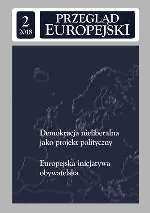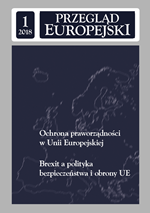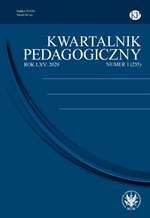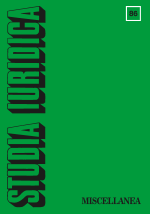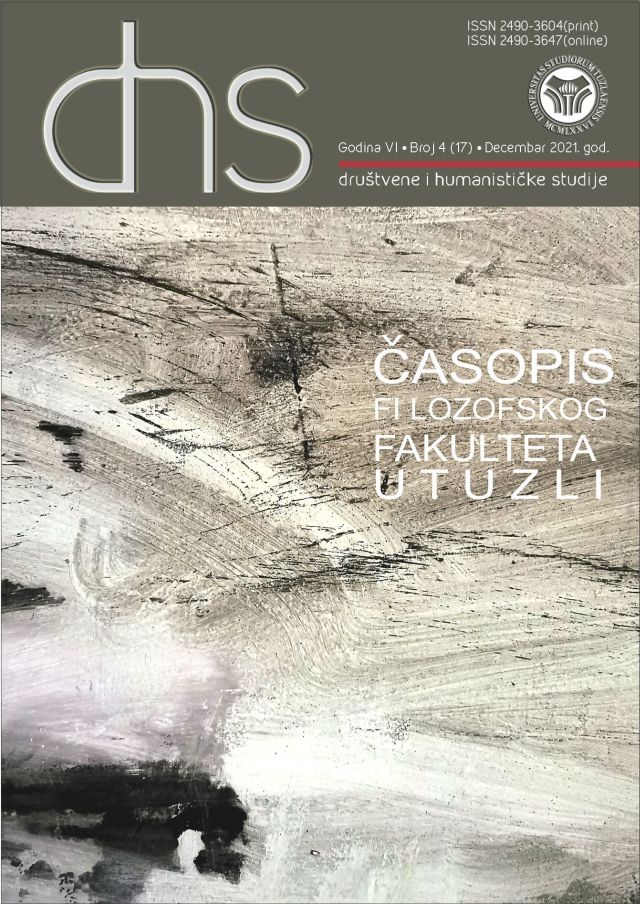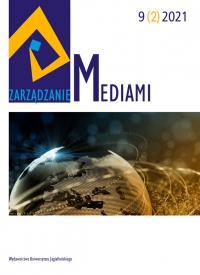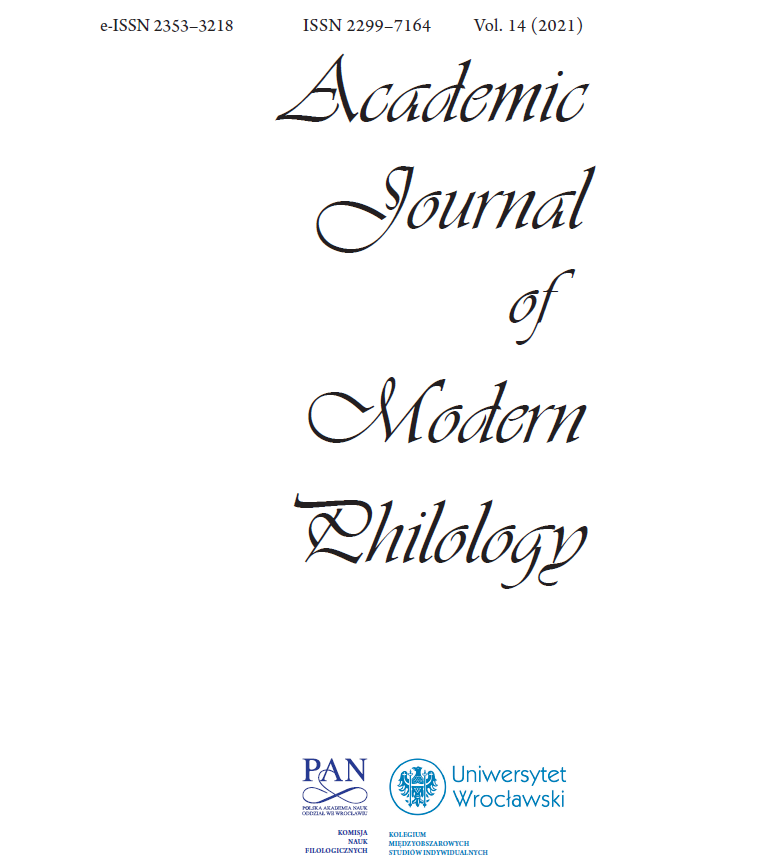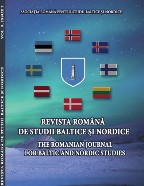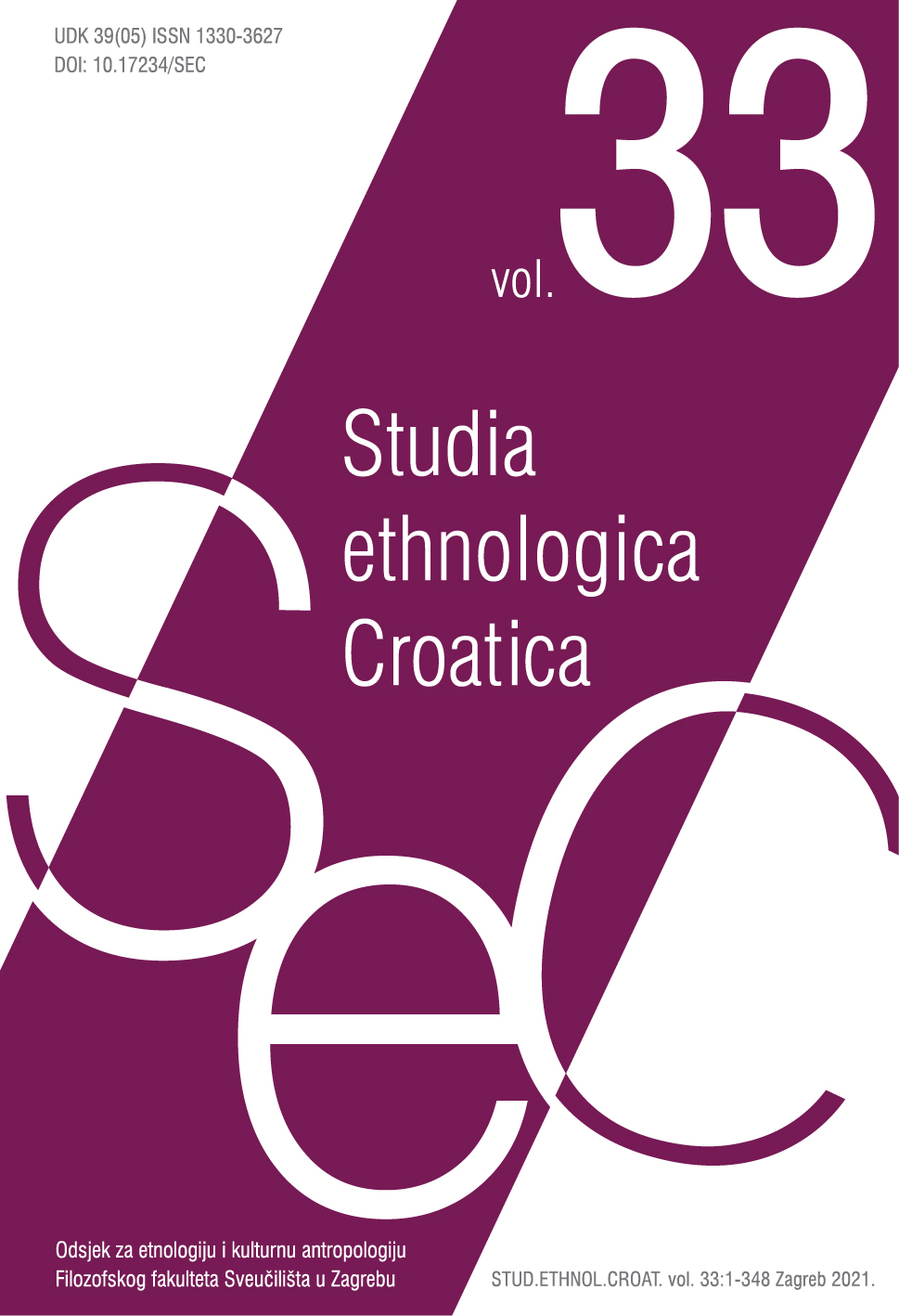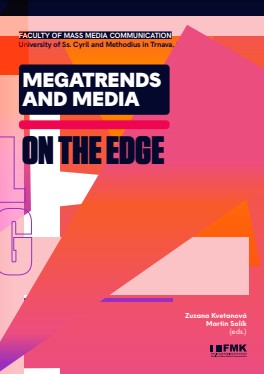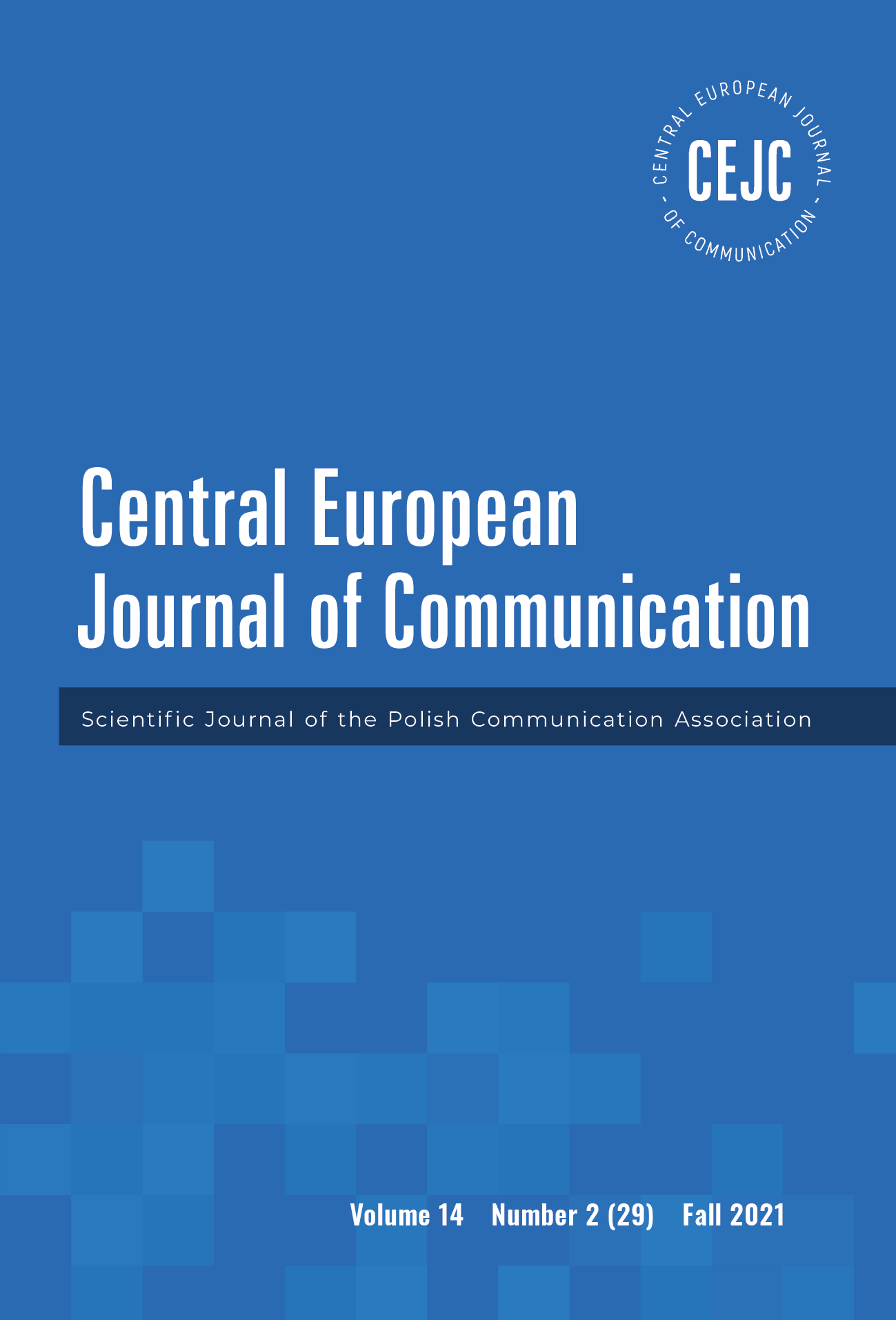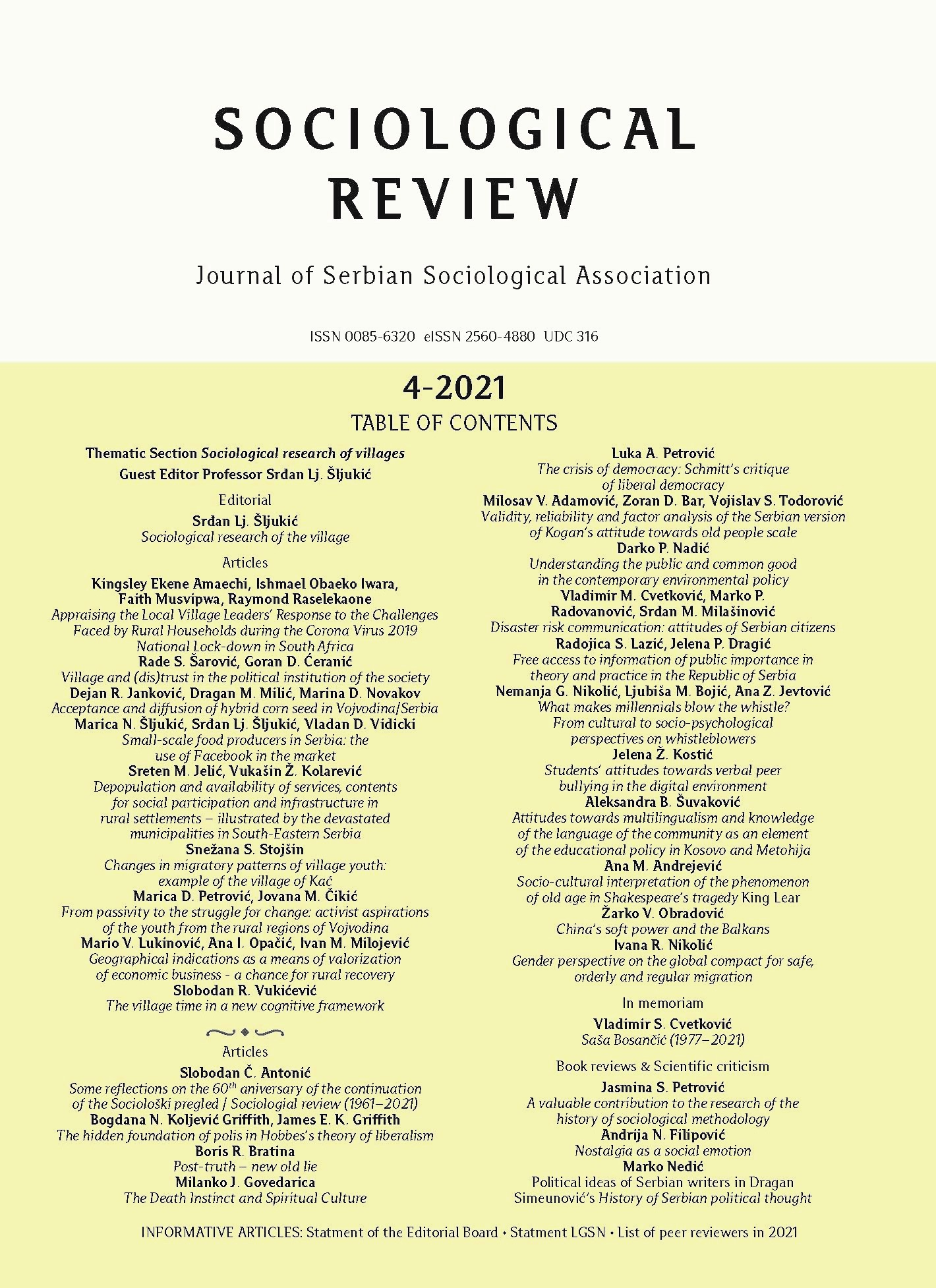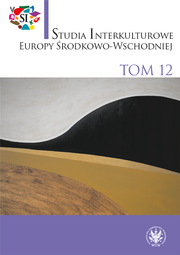
Opinie studentów z wybranych państw Europy Środkowo-Wschodniej na temat stosunku do zwierząt
The purpose of this article is description of perception and valuation ofanimals by students from selected countries of Central and Eastern Europe.In the first part of article was presented the history of the relationship betweenhuman and animal. The theoretical part of text includes also reflections on themoral status of animals. In the second part of article was presented results ofthe research which was conducted by author in 2015. The subject of the researcheswas: “Environmental values in the awareness of the students of humanities andlife sciences from the selected European countries”. The project was conductedbased on the quantitative method. The sample was comprised 520 students.In the article proposes the following research problems: Does the perception ofanimals depend on the direction the respondents study? Does gender affect howrespondents perceive animals? The questions and independent variables werenominal, and their analysis required the use of a chi-squared test to examine.On the base statistical calculations can be concluded that sex and faculty ofstudy doesn’t differentiate respondent’s opinion about animals welfare. The lackof differences in opinions between respondents is explained by the fact that it isthe result of specifics of cultural Central Eastern Europe, not of gender or fieldof study. Obtained conclusions are pushing for further research in this area.
More...
